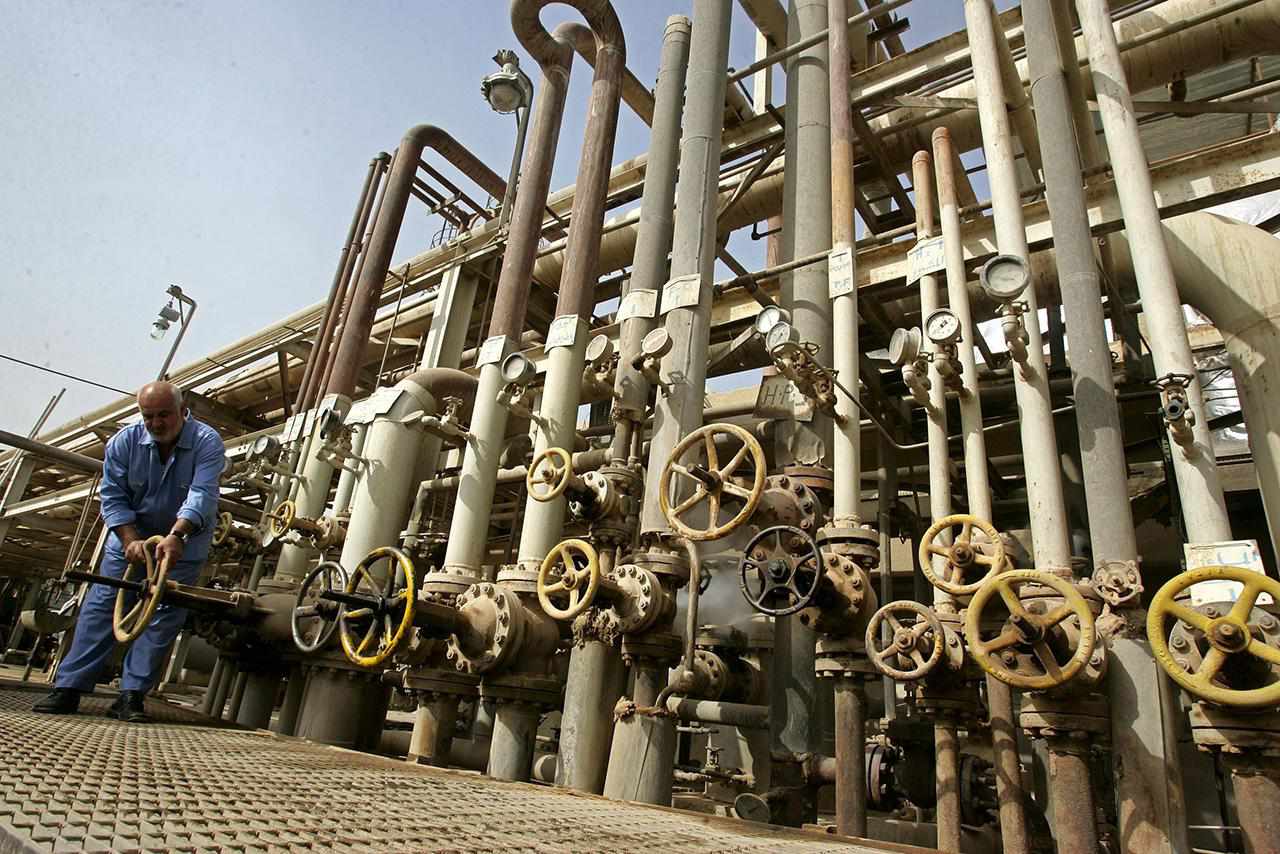Geopolitics and the Crucial Role of Fossil Fuels in Middle Eastern Conflicts
In an age where geopolitical tensions are continually escalating, the current issues surrounding the conflict between Israel and Iran, in addition to the ongoing war in Gaza, are drawing global attention. However, the crucial role of energy politics in these clashes, specifically the pivotal influence of fossil fuel energy sources on global geopolitics, is yet to be adequately addressed. Strife around fossil fuels, particularly oil and gas, has been deeply ingrained within international and domestic political economies since the last century. Manipulation of these resources is critical for sustaining national economies and their global standing.
In the current global economic framework, the command over oil and natural resources is deeply rooted in geopolitics. Unfortunately, this inevitably leads to intense conflicts involving diverse actors, from governments to major oil corporations. More often than not, the regions abundant in oil reserves or those housing pipelines become sites of prolonged, bloody disputes. Illustrative examples include Iraq, Lebanon, Syria, Ukraine, Iran, and Palestine.
Sitting on vast reserves of oil since its extraction in the early 20th century, Iran shares a profound history of intense foreign interest and investment. At present, about 24% of the Middle East and 12% of the world’s oil reserves lie within the Iranian territory, with daily production figures surpassing 3.3 million barrels of crude oil. On top of this, Iran’s natural gas reserves hold the second position globally, amounting to around 1,200 trillion cubic feet or 34 trillion cubic meters, representing 16% of the world’s total reserve.
The resource-rich country of Iran has been a lure to both governments and petroleum corporations avid for low-cost, high-value fuels. Marking the beginning of the foreign exploitation of Iran’s oil, the onset of World War I witnessed similar incursions. The post-World War II period saw the contention between the Soviet Union and the West over Iran’s oil supply, which played a crucial role during the Cold War.
Significant shifts in control over Iran’s oil resources took place throughout the 20th century, directly impacting Iran’s relationships with other nations. The overthrow of Iran’s democratically-elected Prime Minister Mohammad Mossadegh in 1953 came about due to his demands for a larger share of oil profits for Iranians, causing friction with Western powers. These powers then chose to back Shah Reza Pahlavi, who complied more readily with their oil requests.
However, the situation changed again after the Shah was deposed in 1979, with the subsequent regime taking possession of both its petroleum and natural gas reserves. This series of events arguably set the stage for the contemporary discord between Iran and the West. The West’s endorsement of Israel’s deployment of Operation Rising Lion against Iran feeds into this narrative. While the official stance revolved around the suspicion of Iran developing nuclear weapons, the true motivation was likely aimed at destabilizing the regime, paving the way for a regime change reminiscent of the 1953 shift.
While the West’s interest in Iran’s oil resources has been pretty clear-cut, understanding Israel’s energy-related motivations concerning Iran requires insight into its unwavering military operations in Gaza. Significant oil and natural gas discoveries off the shores of Gaza, Israel, and Lebanon between 2000 and 2010, amounting to nearly $500 billion, have led to speculation that this potential wealth has influenced Israel’s stances and campaigns.
Israel’s Operation Cast Lead, launched against Gaza at the end of 2008, signaled the start of an ongoing series of military blitzes, leading to the current war that ignited on October 7, 2023. While the official reasons surround rooting out Hamas and recovering kidnap victims, hidden agendas connecting to Gaza’s strategic location on the Mediterranean coast cannot be overlooked. This alignment, along with the proposed energy corridor, might contribute to the broader picture of this conflict.
Iran binds itself to this energy corridor’s geopolitical equations through the trans-Israel pipeline, which connects the Eilat port on the Red Sea’s Gulf of Aqaba to Ashkelon along the Mediterranean seaboard. Originally designed to transport Iranian crude oil to Europe via Israel, its use ceased after Iran severed ties with the West and Israel in 1979. Consequently, it’s logical to hypothesize that a regime change in Iran could potentially reopen this pipeline.
A regime change could cement Israel’s position as the principal energy highway in the Middle East, even bypassing Russia to emerge as Europe’s main energy provider. Add to this the ongoing Ben Gurion Canal Project that aims to link the Saudi Arabian city of Noem with Israel’s Haifa, and the landscape of control over Middle Eastern oil and gas reserves, along with all pivotal pipelines, could shift dramatically in favor of the West and Israel.
However, these developments are not devoid of grave human cost. Decades of relentless pursuit of easily accessible fossil fuel resources has left a trail of bloodshed and loss of innocent lives in the region. A dog-eat-dog economic system focused solely on amplifying profits seems to be the harsh reality that the world has to bear. The mindset of those in power appears to be fixated on the long-term benefits, overlooking the atrocities in Gaza and Iran with the hope that future economic development would overshadow these transgressions.
However, the question remains whether the world will turn a blind eye to such brutal mass exterminations simply for the sake of an industrialized zone and luxury resorts. As long as our collective conscience persists, a denial seems more likely than acceptance. Global society, from individuals to the ruling class, must seriously contemplate the heavy cost of such a neoliberal economic system and our all-consuming culture.
Furthermore, the stakes escalate dramatically when the economic model is propelled by a limited resource like fossil fuels. The price is much more than just violent competition; it also includes the extensive environmental impact due to massive conflicts, global warming, and large-scale toxic pollution. Therefore, the realm of energy politics not only poses a serious threat to conflict-torn nations but our planet’s future too.

